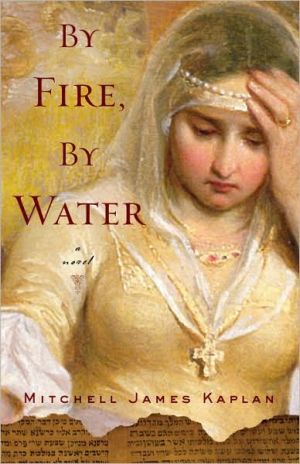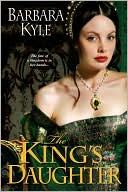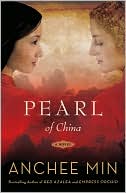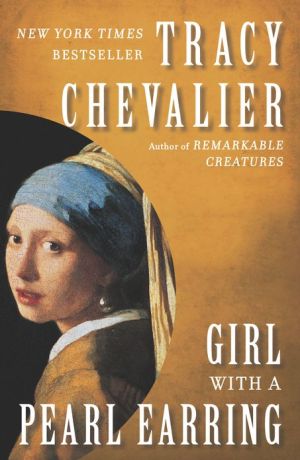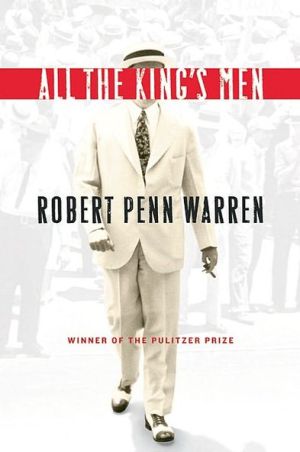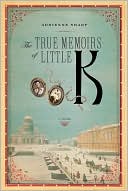By Fire, By Water
Recipient of the Independent Publishers Award for Historical Fiction (Gold Medal), the Foreword Book of the Year Award for Historical Fiction (Bronze Medal), and an honorable mention in the category of General Fiction for the Eric Hoffer Award.\ Luis de Santángel, chancellor to the court and longtime friend of the lusty King Ferdinand, has had enough of the Spanish Inquisition. As the power of Inquisitor General Tomás de Torquemada grows, so does the brutality of the Spanish church and the...
Search in google:
Luis de Santángel, chancellor to the court and longtime friend of the lusty King Ferdinand, has had enough of the Spanish Inquisition. As the power of Inquisitor General Tomás de Torquemada grows, so does the brutality of the Spanish church and the suspicion and paranoia it inspires. When a dear friend’s demise brings the violence close to home, Santángel is enraged and takes retribution into his own hands. But he is from a family of conversos, and his Jewish heritage makes him an easy target. As Santángel witnesses the horrific persecution of his loved ones, he begins slowly to reconnect with the Jewish faith his family left behind. Feeding his curiosity about his past is his growing love for Judith Migdal, a clever and beautiful Jewish woman navigating the mounting tensions in Granada. While he struggles to decide what his reputation is worth and what he can sacrifice, one man offers him a chance he thought he’d lost…the chance to hope for a better world. Christopher Columbus has plans to discover a route to paradise, and only Luis de Santángel can help him. Within the dramatic story lies a subtle, insightful examination of the crisis of faith at the heart of the Spanish Inquisition. Irresolvable conflict rages within the conversos in By Fire, By Water, torn between the religion they left behind and the conversion meant to ensure their safety. In this story of love, God, faith, and torture, fifteenth-century Spain comes to dazzling, engrossing life.Publishers WeeklyKaplan, a screenwriter, sets his debut novel in 15-century Spain, amid the Inquisition, the attempt to unify the kingdoms of Spain under Christian rule, and the voyage of Christopher Columbus to what the seaman expects will be the Indies. The action centers on the historical figure of Luis de Santángel, chancellor to the king of Aragon and a converso, a Jewish convert to Christianity at a time when the Inquisition sought to repress “judaizing.” Santángel is friend and financier of Columbus, surviving parent of young Gabriel, and more curious than is prudent about his Jewish heritage. While he learns about Judaism in clandestine meetings, a parallel story unfolds, centering on Judith Migdal, a beautiful Jewish woman who learns to become a silversmith in Granada, located in the last part of Spain under Muslim rule. Santángel's attraction to Judith grows, even as the Inquisition closes in and the prospect of another world to the West tantalizes. Kaplan has done remarkable homework on the period and crafted a convincing and complex figure in Santángel in what is a naturally cinematic narrative and a fine debut. (May)
“I’ve had time to think,” explained Santángel. “I’ve done a great deal of thinking.\ Praying. Remembering.” He glanced at the slate-gray sea. “I spent hours, calling up every detail.” He delicately ran his hand along the rim of her ear, down her cheek, under her jaw. “From the first words I heard you pronounce...”\ She removed his hand from her face, but held his forearm. “What were they?”\ “Allah alone conquers. The inscription on those beakers you made for the vizier.”\ “Yes.” She nodded with a nostalgic smile. “Allah alone conquers. Even the most powerful of us, we have little control over our destiny.”\ “Then our only choice is to embrace that destiny.”\ “Embrace it? Look around, Chancellor. Look around.”\ Exiles all around them, some emaciated from long travels, many filthy, tried to board ships, pleaded with sailors, appealed to authorities. As he observed all this despair, Luis de Santángel felt more powerless than ever. His mind reviewed his years in the royal court—the perfidy of some, the loyalty of others, the sacrifices, the battles, the triumphs, the fears, the losses. For what good?\ “No, Chancellor. Our only choice,” said Judith, “is not to embrace our destiny in this world, but to hope for a better world.” Her eyes glided to the galleon behind him.\ “Then I shall accompany you into that world.”\ \
\ Publishers WeeklyKaplan, a screenwriter, sets his debut novel in 15-century Spain, amid the Inquisition, the attempt to unify the kingdoms of Spain under Christian rule, and the voyage of Christopher Columbus to what the seaman expects will be the Indies. The action centers on the historical figure of Luis de Santángel, chancellor to the king of Aragon and a converso, a Jewish convert to Christianity at a time when the Inquisition sought to repress “judaizing.” Santángel is friend and financier of Columbus, surviving parent of young Gabriel, and more curious than is prudent about his Jewish heritage. While he learns about Judaism in clandestine meetings, a parallel story unfolds, centering on Judith Migdal, a beautiful Jewish woman who learns to become a silversmith in Granada, located in the last part of Spain under Muslim rule. Santángel's attraction to Judith grows, even as the Inquisition closes in and the prospect of another world to the West tantalizes. Kaplan has done remarkable homework on the period and crafted a convincing and complex figure in Santángel in what is a naturally cinematic narrative and a fine debut. (May)\ \ \ \ \ Kirkus ReviewsDebut novelist Kaplan depicts a turbulent period in 15th-century Spain, focusing on the story of Aragon's royal chancellor. Luis de Santangel's grandfather was a converso, one of the many Jews forced to convert to Christianity. The chancellor retains an interest in his Jewish heritage, a dangerous prospect given the "New Inquisition" that has recently come to Spain. While Luis is influential and has the ear of King Fernando, he feels threatened by Chief Inquisitor Pedro de Arbues, charged with ferreting out apostates and all those who may have fallen from the true faith. Luis colludes in Pedro's assassination, but faces more danger when Inquisitor General Tomas de Torquemada arrives to track down the conspirators. Torquemada captures Luis's brother Estefan, and we learn in grisly detail how the Inquisition extracted "confessions of faith" from those who legitimately felt they had nothing to confess. Religious issues become even more complicated when the forces of Fernando and Ysabel push south into Granada to expel the Moors, an act prompted partly by religious fervor, partly by political expediency. When Ysabel finds out about a spurious anti-Christian manuscript entitled Toledoth Yeshu, she is led to an act of intolerance-the expulsion of all Jews from the kingdom-that rivals the cross-examinations and tortures of the Inquisition. Meanwhile, Cristobal Colon, desperately trying to get funding for his voyage of discovery, needs to persuade those in power that going west is indeed a viable route to the Indies. Luis becomes Colon's influential advocate at court, even putting up some of his own considerable fortune to fund the expedition. The chancellor's political life becomes intertwinedwith his personal life when Luis falls in love with Judith, a beautiful Jew and talented silversmith. Deftly moves through a complex web of personal relationships, religious zeal and political fervor.\ \
